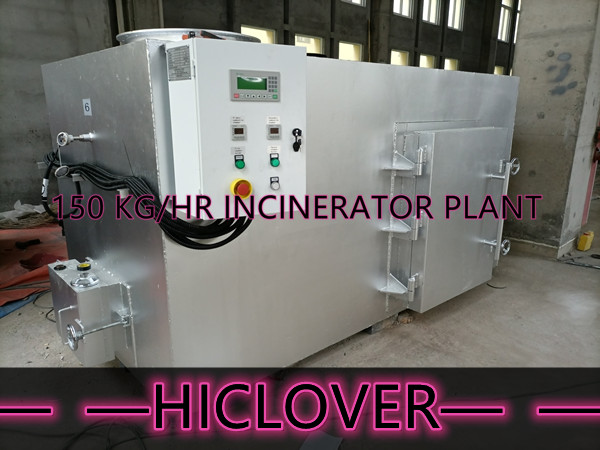Reducing landfill waste and emissions has become an increasingly pressing issue as the global population continues to grow and industrialization expands. The traditional method of landfill waste disposal is not only unsightly and harmful to the environment, but it also contributes significantly to greenhouse gas emissions. In response to this growing concern, incineration has emerged as a sustainable solution for waste disposal that offers numerous environmental and economic benefits.
Incineration, also known as waste-to-energy, involves the combustion of waste materials to produce heat or electricity. This process not only reduces the volume of waste that ends up in landfills but also generates renewable energy that can be used to power homes and businesses. By diverting waste from landfills and converting it into energy, incineration plays a crucial role in reducing greenhouse gas emissions and addressing climate change.
One of the key advantages of incineration is its ability to reduce the volume of waste that goes to landfills. With limited space for new landfill sites, it is essential to find alternative methods of waste disposal to alleviate the strain on existing landfills and prevent the need for additional ones. By burning waste and converting it into energy, incineration helps to minimize the amount of waste that accumulates in landfills, thereby extending their lifespan and reducing their environmental impact.
In addition to reducing landfill waste, incineration also offers a more environmentally friendly alternative to traditional waste disposal methods. When waste materials decompose in landfills, they produce methane, a potent greenhouse gas that contributes to global warming. By incinerating waste, these emissions are eliminated, thus helping to mitigate the environmental impact of waste disposal and reduce overall greenhouse gas emissions.
Furthermore, incineration can help to promote a more sustainable approach to waste management by incentivizing the recycling and recovery of valuable materials from the waste stream. By diverting waste from landfills and converting it into energy, incineration creates a financial incentive for recycling and waste reduction. This can encourage individuals and businesses to adopt more sustainable practices and contribute to the circular economy, where resources are reused and recycled to minimize waste and environmental impact.
While incineration offers numerous environmental benefits, it is essential to ensure that it is carried out in a safe and responsible manner to minimize any potential negative impacts on public health and the environment. Modern waste-to-energy facilities utilize advanced technologies to control emissions and ensure compliance with stringent environmental regulations. These facilities are equipped with state-of-the-art pollution control systems to capture and treat harmful pollutants, such as dioxins and heavy metals, before they are released into the atmosphere.
In conclusion, incineration offers a sustainable solution for waste disposal that can help reduce landfill waste and emissions while also generating renewable energy. By diverting waste from landfills and converting it into energy, incineration helps to minimize the environmental impact of waste disposal and mitigate the contribution of greenhouse gas emissions. Combined with proper regulation and oversight, incineration can play a crucial role in promoting a more sustainable approach to waste management and environmental protection.



